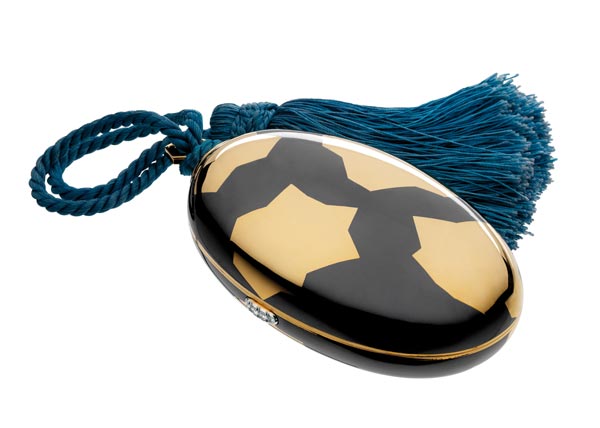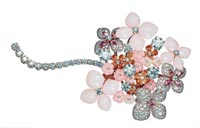Jeweler gets museum treatment
 |
|
Photo provided to China Daily |
 |
| Colors of fine jewelry |
 |
| For the sake of a good sleep |
The exhibit also includes pieces from the '70s and '80s, a particularly innovative period for the jeweler influenced by Pop Art and other contemporary trends.
"The hard-edged designs of the 1970s included a whole range based on the Stars-and-Stripes motif, while in the 1980s the Parentesi collection had a smoother, modular, almost architectural presence. Both show how the jeweler could lead in new directions with a strong sense of design," Chapman says. "Andy Warhol once said he thought that Bulgari was the greatest contemporary art museum in the world, which says a lot coming from an artist."
Also notable are three never-before-seen serpent bracelets on loan from a private collector.
Although one of Triossi's jobs is to buy back important vintage pieces as they come up for auction, her spending power has been diminished as prices have gone up, and many collectors from the '60s are still holding onto their pieces, untouched by "the three Ds: death, disease and divorce", she says.
She surmises the show will be popular because "jewelry has transcultural appeal. There isn't social strata that isn't interested in jewelry. From Indian beggars to American rock stars, everyone's interested."
The New York Times
Related:
Seeing is believing: IMAX to launch $250,000 home theatres in China






















